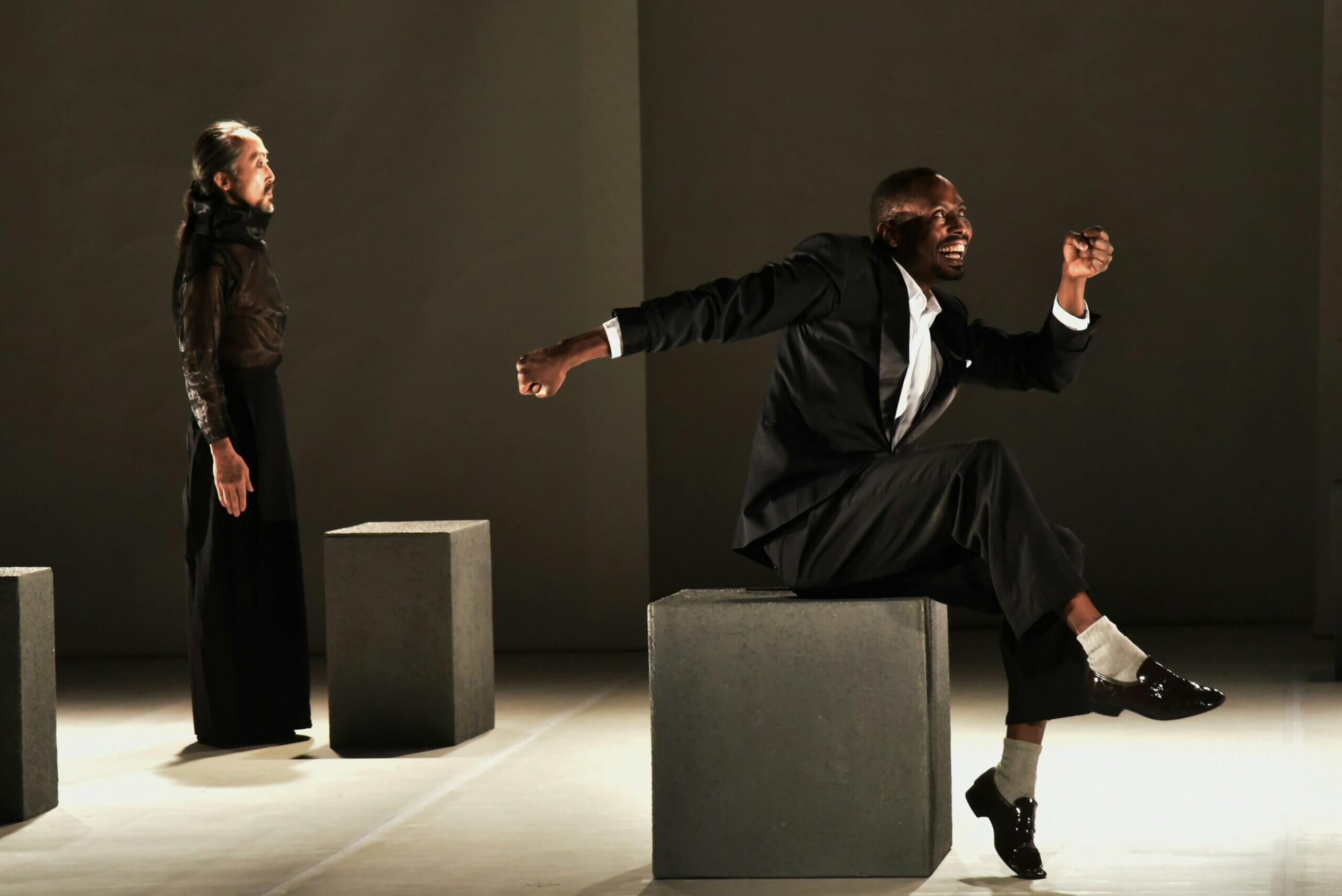Actor David Granados on Latinx Representation in 2020
John Leguizamo recently made headlines for boycotting the Emmy Awards, which left out Latinx actors and shows from this year’s list of nominations in the major categories. During a Yahoo! Entertainment interview, the actor referenced the disparity between the percentage of the population that Latinx people hold and their representation in the entertainment industry, calling it “cultural apartheid.” Meanwhile, the awards show presented a segment with America Ferrera sharing about an audition early on in her career when a casting director asked her to “sound more Latina.” We think it’s important to explore what’s happening in our industry with Latinx representation in film and TV, in regard to both opportunities and accuracy. Actor David Granados is known for his work on series like Saturday Night Live, Pose, and The Deuce, and he shared with us his thoughts on how Hollywood is doing in this area, as well as what needs to happen next.
Thanks for having this conversation with me, and I think a good place to start it is with the lack of Latinx shows and actors nominated for this year’s Emmy Awards. What message do you feel this sends to viewers and industry members as a whole?
I think it’s much deeper than actors and shows. Writers, directors, and crew members also feel the discrimination. It gives the Latinx community a sense of erasure, like we’re not worthy of being a part of Hollywood or being celebrated by it. It just hurts because there were so many Emmy-worthy shows and performances from actors this year that share our truth. The performance of Justina Machado in One Day at a Time didn’t get the acknowledgement it deserved, and the same goes for that entire cast. Steven Canals also didn’t get any recognition for his groundbreaking work on Pose. Plus, monumental shows like Vida and The Baker and the Beauty were both canceled. And whatever you see in TV and film kind of reflects how we’re seen by the culture.
I agree and would like to talk about a related topic: accuracy. During our interview with casting director George Pierre, he spoke to the need for “(people of) all races to be represented accurately and not just in stereotyped roles.” What has been your experience with the types of roles you find are offered to Latinx actors?
I’m extremely grateful for every opportunity I’ve been able to get in this country, and just being on set doing what I love means a lot to me. But if I do review the roles I’ve booked in the past, most of them fall into the category of a boy toy, a drug dealer, a prostitute, or a person doing some other sort of marginalized job. That reflects how Latinos are seen and what roles they think we fit. I just want people to understand that we’re so much deeper than that. We’re also CEOs, entrepreneurs, actors, doctors, lawyers, etc. We come in every size and every color and are proud of the diversity within our own community.
That’s such an important truth to bring to the forefront of a conversation on representation. And what about auditioning? Are there any experiences from that process you’re comfortable sharing?
I just want to mention a couple of things that have happened in the audition process. I’ve been told to keep my hair straight to look more “white-passing.” I’ve been told to get rid of my accent and to not get too much sun. Some projects required me to shave the hair on my chest once I booked them because it was too “ethnic.” Also, I think it’s funny when you’re going to an audition for “Bartender #5,” and they tell you that they loved your performance but the character in the script is not Latino. Because then you wonder why the character doesn’t have a name in the script but does have an ethnicity and a color.
That is a very good question that I think everyone should be asking. All things considered, what steps do you think the industry needs to take moving forward in regard to Latinx representation in film and TV?
I think it’s a very big blind spot for many decision-makers and people in the top offices in Hollywood, as well as in many other industries. I do see a lot of initiatives promoting the work of Latinx people, but we still need to do more. All we ask for is equality. And the change needs to start in the production companies, in the writers’ room, and in the casting process. Plus, we actors have to advocate and do everything in our power to break stereotypes and make people see us through a fair lens. I’m grateful for the work of titans like John Leguizamo and Eva Longoria for always speaking up and shedding light on what our community needs. I also want to encourage Latinx artists to create content that is honest and shows our values. When we’re talking about Latinx and Hispanic-identifying people, we’re also talking about resilience, hard work, passion, and entrepreneurship. So if someone doesn’t give us a place at the table, we will make our own table, sit down, and enjoy a nice meal.
Granados ended his interview with hope for the future, stating that “change is coming.” The actor spoke to his own experience of signing with Victoria Mojica Monroe, a talent manager who’s Latinx, as well, and believes in his ability to land leading roles. Granados also shared the importance of people knowing how to correctly pronounce his name on set — he uses the spelling of “Dahveed” as an example — with one of the most memorable moments being when Steven Spielberg called it out during the filming of West Side Story. Granados played a Shark in the upcoming film adaptation, and he offered his onset experience during the shoot as a positive example of representation. “It was such a powerful experience for me because it was the first time I got to be on set with such a large number of Latino crew and cast members,” Granados recalled. “It was Latino people playing Latino characters. Seeing my people shine and be in the spotlight was beautiful.”
—
This interview has been edited and condensed.




